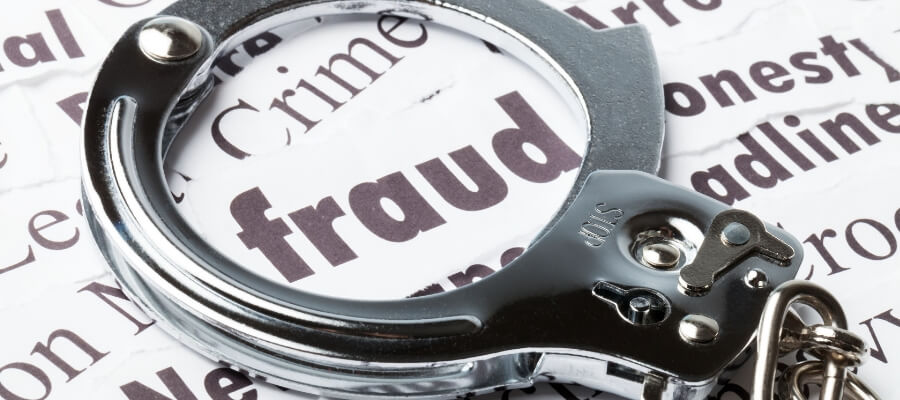When it comes to so-called “white collar” crimes in Massachusetts, few carry consequences as severe as the penalties associated with bank fraud. The financial industry is powerful, so it is no surprise that alleged crimes against banks are treated harshly. Being charged with bank fraud can be an extremely difficult situation.
Every fraud case is different. In some, the bank will press law enforcement to pursue the toughest penalties available. In others, the bank will be most concerned about having their assets returned. Either way, a Massachusetts bank fraud attorney may be able to help you defend yourself from the charges. If you have been charged with a crime related to bank fraud, contact an attorney right away to ensure your rights are protected.
What is Bank Fraud?
Bank fraud is a federal crime. If you are convicted, it can carry life-long consequences. For anyone charged with a crime by federal bank fraud prosecutors, the maximum penalty is a fine of $1 million as well as a prison sentence of up to 30 years.
The federal statute that covers bank fraud is broad, which gives the prosecutor in your case an advantage. To obtain a conviction, the prosecutor only needs to prove that you engaged in a “scheme to artifice or defraud” a bank or other financial institution. The prosecutor must also show that you intended to commit fraud and that the bank was your intended victim.
Because the statute is so broad, bank fraud can cover a variety of actions. Potential instances of bank fraud can include:
- Forged checks – a check on which the signature is fake or unauthorized
- Fake documents – the process by which documents issued by a bank are copied and/or modified by persons not authorized, for the purpose of deceiving.
- Mail fraud – using the mail in some manner to scheme or defraud.
- Hot checks – also called bounced checks or bad checks, are checks written for an amount that cannot be collected due to insufficient funds. Must have intent.
- Mortgage fraud – purposely misrepresenting or omitting information on a mortgage loan application to get a loan or a larger amount.
All of these potential charges are serious. If you are accused of any of the content listed above, contact an experienced criminal defense attorney immediately.
3 Steps to Take If You Are Charged with Bank Fraud
If you have been charged with bank fraud, it is important that you stay calm. For starters, merely being charged with bank fraud does not mean you will be convicted. Bank fraud charges are defensible, and the right defense attorney may be able to show a prosecutor that the charges against you were unwarranted. When that isn’t possible, your attorney will vigorously represent you at trial in front of a jury of your peers.
There are steps you can take to help prepare for your own defense.
1. Don’t Speak with Police
When police make any kind of arrest, they always seem to be in a talkative mood. That is because anything you say can be used as evidence at your trial. Law enforcement officers are also allowed to try and trick you by lying about the evidence or otherwise confusing you.
You aren’t required to talk to them about the charges against you and doing so plays into their hands. Outside of giving your name and basic information at the time of your arrest, there is no reason to discuss your case with the police.
2. Preserve Your Records
A prosecution for bank fraud charges relies heavily on financial records. In order to give your attorney a better understanding of the strength of the evidence against you, it is worth ensuring that you have copies of all of your financial records.
At the end of the day, police are only human. Your own records may be the key to proving that the alleged fraud was simply a misunderstanding.
3. Hire the Right Attorney
Bank fraud charges are a serious matter. With so much at stake, it is no time to cut corners or prove you are smart enough to handle a legal matter yourself. Let an experienced criminal defense attorney give your case the attention it needs.
Charged with Bank Fraud? We Can Help
Are the bank fraud charges against you or a loved one a misrepresentation? No matter the circumstances, we can help you.

